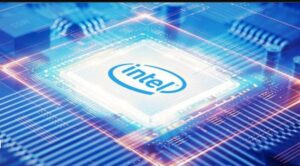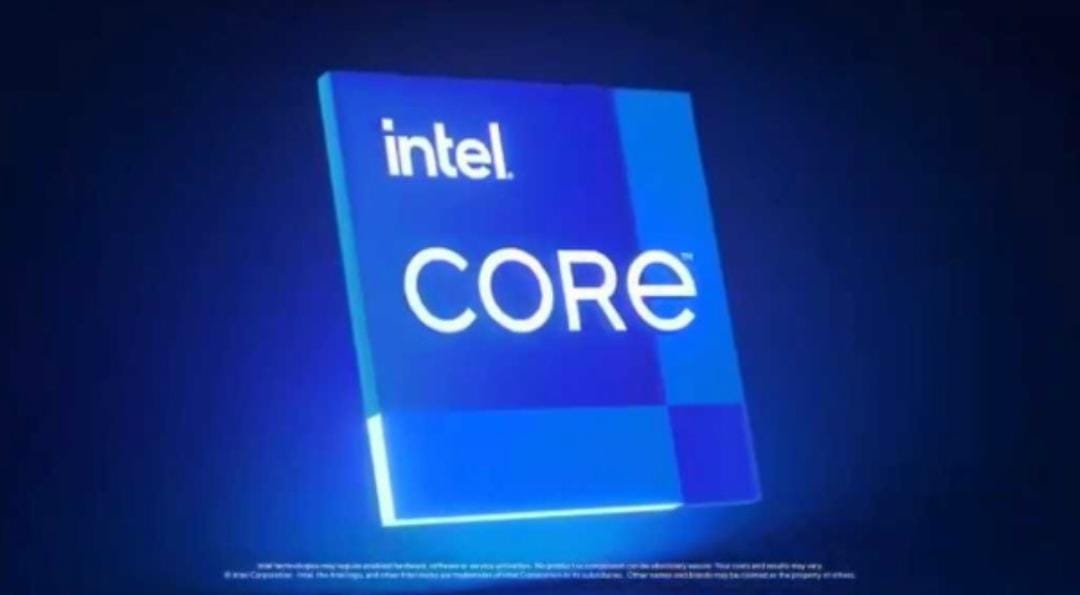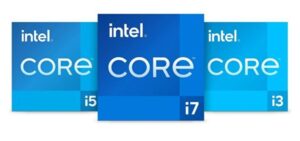Intel has announced the primary details of its upcoming ‘Rocket Lake’ desktop CPU lineup, which can be sold because of the 11th Generation Core CPU family. consistent with a blog post by John Bonini, Intel’s VP and GM of Client Computing Group Desktop, Workstations, and Gaming, the new chips are going to be launched within the half-moon of 2021. While no detailed specifications are announced yet, the post does confirm that Rocket Lake CPUs will support PCIe 4.0 which Intel will still target gamers as a primary marketplace for desktop CPUs.
HIGHLIGHTS
- Rocket Lake will likely work with existing Intel 400-series motherboards
- Detailed specifications haven’t been announced yet
- 12th Gen ‘Alder Lake’ might be supported a fresh hybrid architecture
The news about Rocket Lake is nearly a footnote within the blog post, which touts the gaming and overclocking credentials of Intel’s current 10th Gen ‘Comet Lake’ desktop CPUs also because of the company’s partnerships with game developers to plug standards and optimize performance.
While Intel hasn’t officially confirmed anything about Rocket Lake, the platform has been rumored for an extended time now. Since the upcoming CPUs are expected to share an equivalent motherboard socket as current Comet Lake CPUs and be compatible, hardware manufacturers have already teased PCIe 4.0 support built into existing 400-series motherboards. While new motherboards should be launched, several existing models are likely going to be ready to leverage a minimum of partial PCIe 4.0 functionality when used with a Rocket Lake CPU.
Rocket Lake is additionally expected to support Thunderbolt 4 and Wi-Fi 6, alongside Intel’s new Xe integrated graphics. Interestingly, Intel has not confirmed or ruled out support for DDR5 RAM yet, though this can likely require all-new motherboards. The highest-end Core i9 and Core i7 models are often expected to succeed in turbo speeds of 5GHz and above, supported the Intel blog post highlighting the very fact that this is often a strength of Intel’s current Core i9-10900K.
Rumors have suggested that Rocket Lake are going to be the last 14nm product for desktops, using either the last revision of Intel’s Skylake architecture which has powered the past six generations of Core CPUs, or a ‘backported’ 14nm version of the 10nm ‘Willow Cove’ architecture that is the idea of the ‘Tiger Lake’ 11th Gen laptop CPU family.
We do already know that Rocket Lake is going to be succeeded by the 12th Gen ‘Alder Lake’ architecture, currently reported to be targeting a 10nm process and likely a hybrid design made up of next-gen heterogeneous high-performance ‘Golden Cove’ and power-efficient ‘Gracemont’ cores. Alder Lake may additionally leverage Intel’s Foveros 3D packaging technology and can introduce a replacement CPU socket. Meanwhile, Intel is additionally handling a high-profile delay to its 7nm production plans and can transition to using third-party foundries to manufacture various chips, so roadmaps might still change.

The Intel blog post was published just each day before AMD is predicted to unveil its next-generation ‘Zen 3’ architecture. AMD has supported PCIe 4.0 on the desktop since the Ryzen 3000 series, which is based on the ‘Zen 2’ architecture and made on a 7nm process. Intel’s 11th Gen will thus be split between Rocket Lake for desktop chips and Tiger Lake for laptops, plus other potential future announcements targeting different form factors





